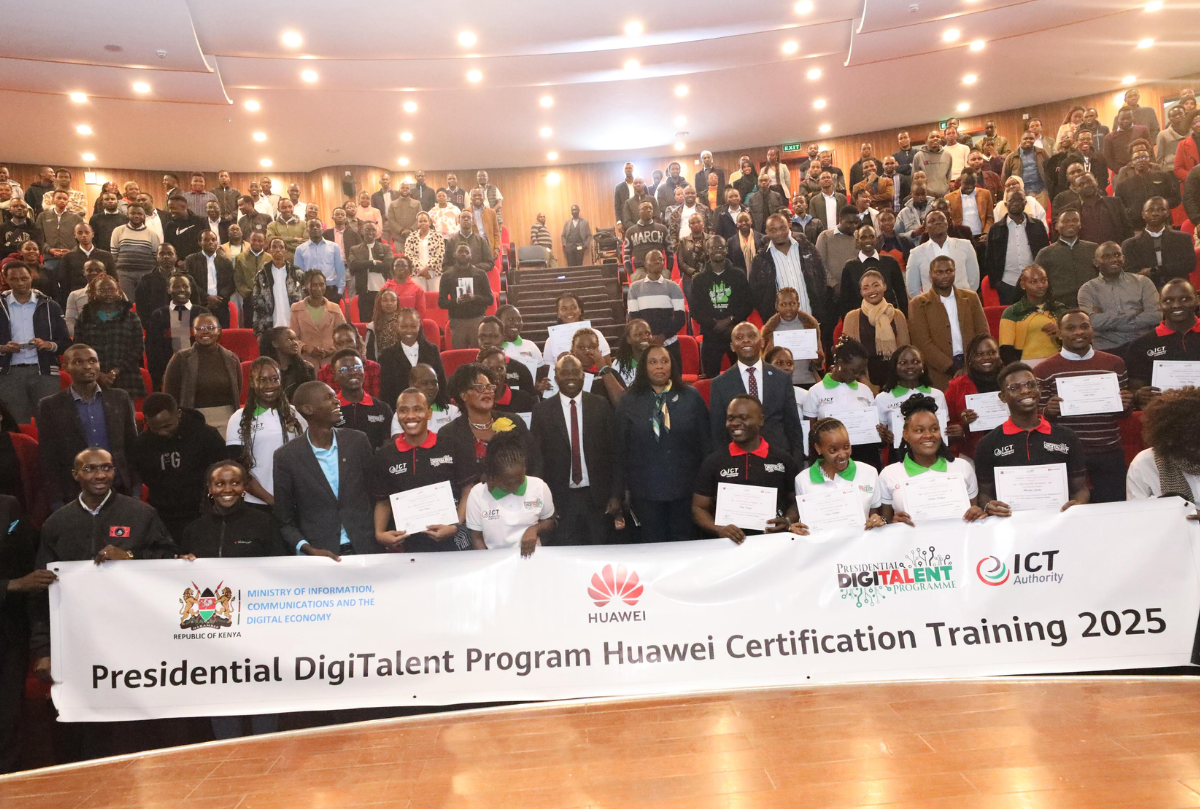Ethiopia has enacted its long-awaited Startup Proclamation, providing legal framework for the country’s growing tech ecosystem. The House of People’s Representatives approved the legislation unanimously on recently, after five years of development and consultation.
The new law creates formal recognition for startups and establishes support systems that were previously absent. Ethiopian entrepreneurs have operated without clear regulatory guidance until now, making it difficult to attract investment and scale their businesses.
Ethiopian Startup Registration Opens New Pathways
The proclamation establishes clear criteria for startup classification. Companies must be less than three years old, generate under five million birr ($38,000) in annual revenue, and demonstrate innovative capabilities in products, processes, or services.
Businesses older than five years can still qualify as “innovative enterprises” if they continue pursuing disruptive innovations with scalable business models. Both categories receive access to government support programs and regulatory benefits.
The registration process includes a 90-day window for existing startups to apply retroactively for benefits under the new framework. Companies must maintain at least 25% ownership by founding entrepreneurs to qualify for startup status.
Ethiopian Startup Fund Launches with $36 Million Capital
The law establishes the Ethiopian Startup Fund with 2 billion birr ($36 million) in initial capital. This fund provides grants and soft loans to early-stage ventures, addressing one of the biggest challenges facing Ethiopian entrepreneurs.
The fund supports various activities including scholarship programs for entrepreneurs, licensing fee exemptions, and intellectual property registration assistance. Government budget allocations, loans, donations, and grants will sustain the fund over time.
Additional financial incentives include tax exemptions from income tax and value-added tax during pre-registration periods. Startups also receive relief from statutory pension and health plan contributions, with costs covered by the Innovation Fund.
Tax Benefits Under Ethiopia Startup Law Create Investment Appeal
The proclamation offers substantial tax incentives to qualified startups. Companies receive extended tax reporting deadlines and facilitation of customs operations as authorized economic operators. Import exemptions reduce barriers for technology-focused businesses that rely on international equipment and software.
Regulatory sandboxes allow fintech and telecom startups to test innovative products under relaxed oversight. This provision addresses concerns about compliance while companies develop new solutions in heavily regulated sectors.
State-owned enterprises now face requirements to pilot at least one startup project annually. Major institutions like Ethio Telecom and Commercial Bank of Ethiopia must collaborate with private innovators, creating new opportunities for public-private partnerships.
Ethiopian Government Procurement Reserves 5% for Startups
Government ICT procurement now reserves five percent of tenders specifically for startups. This provision guarantees market access to public sector contracts, providing revenue opportunities that can help new companies establish credibility and scale operations.
The procurement preference addresses concerns about large corporations dominating government technology purchases. Startups can now compete for meaningful contracts while building track records in the public sector.
National Council of Startups Oversees Implementation
The law creates the National Council of Startups, chaired by the Minister of Innovation and Technology. The Entrepreneurship Commission Commissioner serves as Secretary, coordinating policies that promote innovation, technological development, and job creation.
This council manages the Innovation Fund and conducts assessments of supported businesses every three years. Companies must meet growth and employment targets, maintain accurate accounting, and report changes affecting their startup status to remain eligible for benefits.
The Ethiopian Investment Commission establishes a dedicated “Startup Desk” to streamline services for registered companies. This centralized approach reduces bureaucratic hurdles that previously discouraged entrepreneurship.
Ethiopian Startup Ecosystem Joins Continental Trend
Ethiopia’s startup law follows similar initiatives across Africa. Nigeria passed its Startup Act in 2022, while countries like Senegal, Tunisia, and Algeria have developed their own frameworks for supporting innovation ecosystems.
The five-year development process allowed Ethiopian policymakers to study implementation challenges in other countries. This preparation may help avoid execution problems that have affected startup policies elsewhere on the continent.
However, success depends on effective implementation rather than legislative provisions. The 90-day registration window for existing startups provides an early test of the system’s efficiency and government commitment.
Digital Ethiopia 2025 Strategy Supports Startup Growth
The startup law aligns with Ethiopia’s broader Digital Ethiopia 2025 strategy, which aims to improve ICT infrastructure and drive digital services adoption. Government initiatives have focused on digital transformation across public and private sectors.
The legal framework provides foundation for more robust startup pipelines and stronger collaboration between public and private sectors. Previous regulatory uncertainty limited investor confidence and made it difficult for accelerators like weVenture and blueMoon to support local entrepreneurs effectively.
International investors now have clearer guidelines for investing in Ethiopian startups, potentially increasing capital flows to the local ecosystem. The formal recognition addresses concerns about legal protection and business continuity that previously deterred foreign investment.
The startup proclamation represents a significant step forward for Ethiopia’s innovation ecosystem, but effectiveness depends on implementation quality and government commitment to supporting entrepreneurship beyond legislative measures.
















